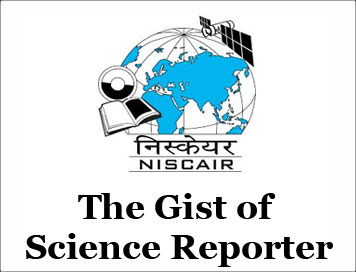(GIST OF SCIENCE REPORTER) Computational analysis shows how dengue virus evolved in India
(GIST OF SCIENCE REPORTER) Computational analysis shows how dengue virus evolved in India
(July-2023)
Computational analysis shows how dengue virus evolved in India
- A multi-institutional study on dengue led by researchers at the Indian Institute of Science (IISc), Bengaluru, shows how the virus causing the disease has evolved dramatically over the last few decades in the Indian subcontinent.
- Cases of dengue — a mosquito-borne viral disease — have steadily increased in the last 50 years, predominantly in South-East Asian counties. And yet, there are no approved vaccines against dengue in India, although some vaccines have been developed in other countries.
- There are four broad categories — serotypes — of the dengue virus (Dengue 1, 2, 3 and 4).
- Using computational analysis, the team examined how much each of these serotypes deviated from their ancestral sequence, from each other, and other global sequences.
- Until 2012, the dominant strains in India were Dengue 1 and 3. But in recent years, Dengue 2 has become more dominant across the country, while Dengue 4 — once considered the least infectious — is now making a niche for itself in South India, the researchers found.
- The team sought to investigate what factors decide which strain is the dominant one at any given time. One possible factor could be Antibody Dependent Enhancement (ADE).
CLICK HERE TO DOWNLOAD FULL PDF
CLICK HERE TO DOWNLOAD UPSC E-BOOKS
Study Material for UPSC General Studies Pre Cum Mains
Get The Gist 1 Year Subscription Online
Click Here to Download More Free Sample Material
<<Go Back To Main Page
Courtesy: Science Reporter



